Tourism Ministry, GTA and Panafest Foundation Launch ‘PANAFEST 2021’
As part of Ghana’s quest to rise above and beyond the shadows of slavery and celebrate the African spirit of resilience through the celebration of PANAFEST, the Ghana Tourism Authority under the auspices of the Ministry of Tourism, Arts and Culture, and the PANAFEST Foundation has launched the 2021 PANAFEST celebration.
The PANAFEST 2021 which was launched virtually via zoom on 1st July 2020 is under the theme, SECURING THE AFRICAN FAMILY: OUR SOUL, OUR HEALTH, OUR WEALTH’
The theme, according to Mrs. Barbara Oteng Gyasi, Minister of Tourism, Arts and culture is timely and appropriate, as “we confront the COVID 19 pandemic which is ravaging the entire world”.
“Even though we are diverse people with different languages and cultures, we are one people and must not allow our differences to affect our unification. We must as a continent take whatever we have and everything we can offer to make for a united Africa”. She added.
Mrs. Oteng Gyasi again said the launch of the 2021 edition of the Pan African Historical Theatre Festival, is to honour heroes like Osagyefo Dr. Kwame Nkrumah, Dr. Edward Burghart Du Bois and other great ancestors who have built on the Pan-African ideals.
The Chairperson of the PANAFEST Board of Trustees, Prof. Afua Sutherland Addy, in her speech said the “PANAFEST 2021 was planned to bring the African Family together this time, to review the dynamics of The Return or the Sankofa Principle and explore it as an impetus for the future”.
According to her, the idea was generating a review of the true value of collectively reviewing the past with an agenda for creating visions of the future Africans would all like to see.
Speaking on PANAFEST 2021, Afua Sutherland elaborated that, PANAFEST 2021 is designed to establish a buildup which will start in August 2020 and it is expected to provide Platforms of dialogue and expression in all forms of artistic expression which speak to the raging interrogation of the state of African life in the global context.
” It is expected that activities at the festival will demonstrate beyond doubt that the African Family needs to re-assess and secure and own its own history but also set itself up to be vigilant”. She opined.
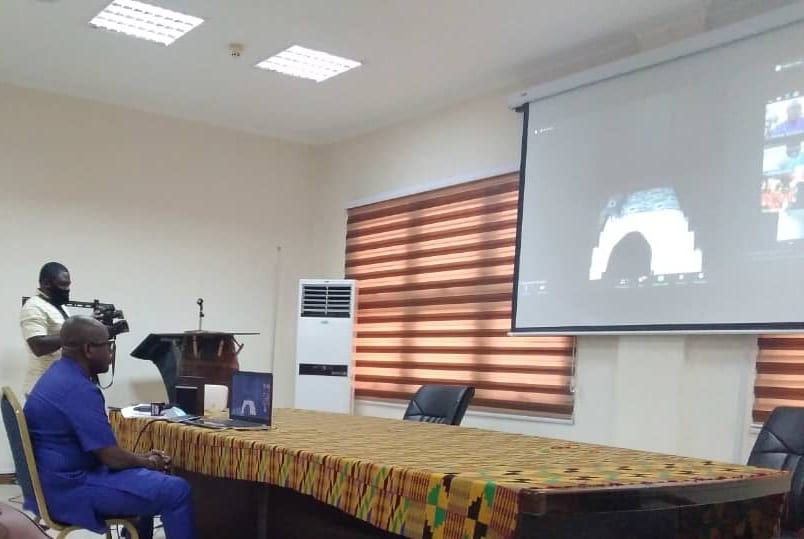
Mr. Akwasi Agyeman, CEO of the Ghana Tourism Authority, congratulated PANAFEST foundation for organizing the virtual launch, he also assured them that ‘GTA will continue to be a worthy partner for the PANAFEST festival’.
He again stated that the common thing COVID 19 pandemic has brought apart from its negative effect is the ‘resilience of African support’. “I believe moving from 2019 to 2020, there are lessons that we have learned that can be incorporated in the PANAFEST 2021 program, and the theme and activities will be a follow up of the historic ‘Year of Return, Ghana 2019’”.
PANAFEST 2021 is structured around experiences and platforms which are designed to constructively raise and examine important belligerent issues, foster healing processes, and also celebrate the strengths and resilience of African culture and achievements of Africans. The Festival is to be seen as a home and hub for creative Africans across the globe to both showcase their work and interact with each other in a meaningful way.
The PANAFEST will however feature community events that involve immersion of African-descended participants in everyday and ceremonial life.
Akufo-Addo implores further support for “Beyond the Return”
President Akufo-Addo wants Ghanaians to extend their supportive attitude portrayed towards the “Year of Return”, to this year’s “Beyond the Return” initiative.
President Akufo-Addo believes it was due to such an attitude that the year of return was a success and he wants to see same for Beyond the Return.
A statement from the Presidency indicated that, “the welcoming attitude and the warm Ghanaian hospitality proved to be the strongest attention to hundreds of thousands of our ‘kith and kin’ from the African diaspora, who thronged our shores to commemorate the year of return.
“I urge all Ghanaians to demonstrate this same level of excitement and commitment that characterised the “Year of Return,” he added.
President Akufo-Addo initiated the Year of Return to invite all diasporans back home to not only learn more but explore and even invest in the country.
Since this initiative began many African-Americans have made their way into the country to learn more about their history. Some include Steve Harvey , Samuel L Jackson , Anthony Anderson, Micheal Jai White, Boris Kodjoe, Nicole Ari Parker, Diggy Simmons and many others.
The President launched the now “Beyond the Return” initiative as a way to continue with and solidify relations between Africans and those in the diaspora.
He said the “Year of Return’, proved itself to be exciting, and afforded Ghanaians the chance to re-establish, intensify and solidify the relations between those of us on the continent and those in the diaspora.”
He further commended the Inspector General of Police (IGP) and other institutions and persons who made The Year of Return possible for “their sense of professionalism and dedication to duty, which enabled them to preserve the peace and security of our country in the course of the celebration.”
The President also urged Ghanaians to take advantage of all opportunities that the initiative will present as this “will entail that we engage in mutually beneficial trade, investment and cultural co-operation with the Africa Diaspora.”
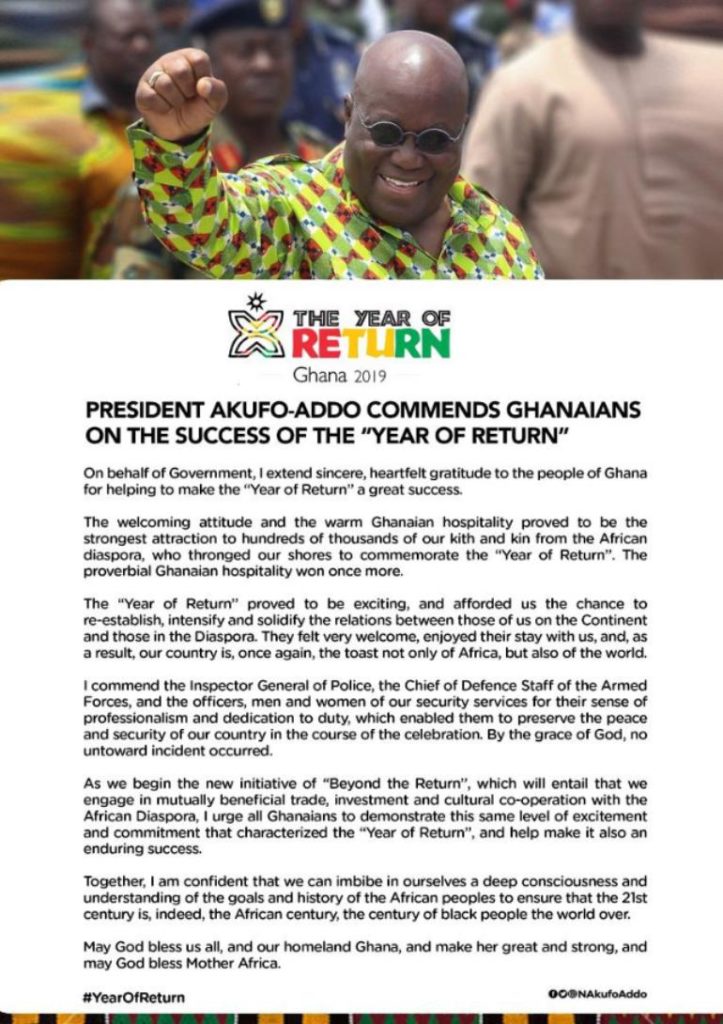
Year Of Return: President Akufo-Addo Confers Ghanaian Citizenship On 126 Diasporans
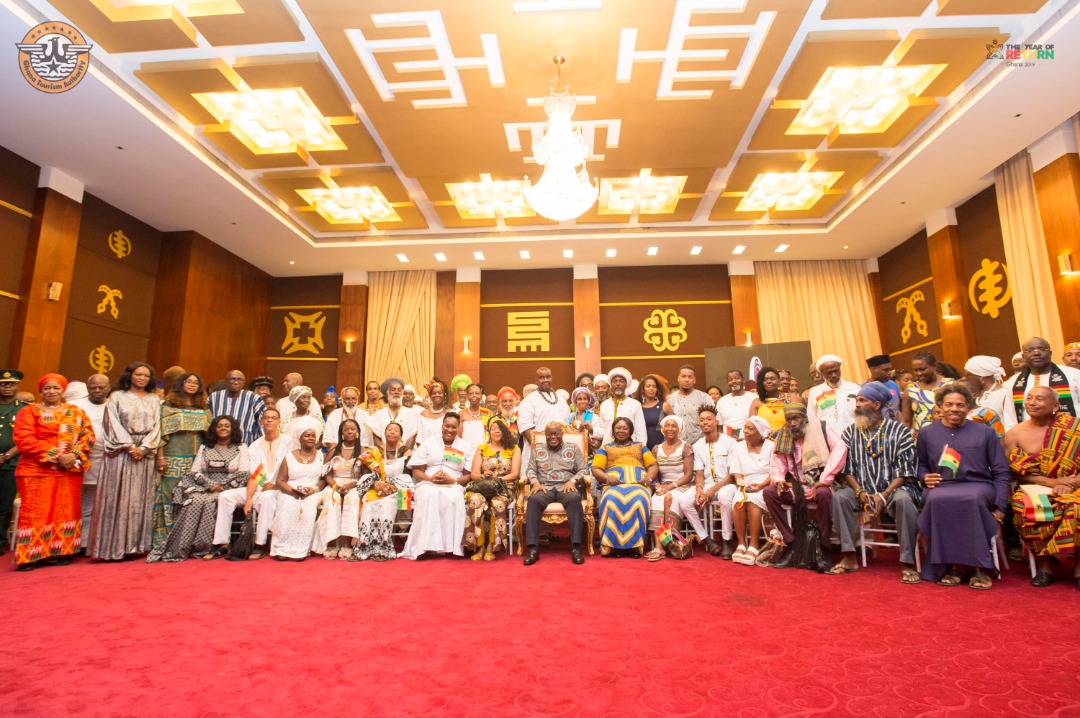
The President of the Republic, Nana Addo Dankwa Akufo-Addo, on Wednesday, 27th November 2019, conferred Ghanaian citizenship on 126 Diasporans, who have lived in Ghana for many years.
Speaking after the conferment ceremony, President Akufo-Addo stated that “I am glad you have decided to make Ghana your home, and thereby, join several generations of Diasporans, who committed their lives to us.”
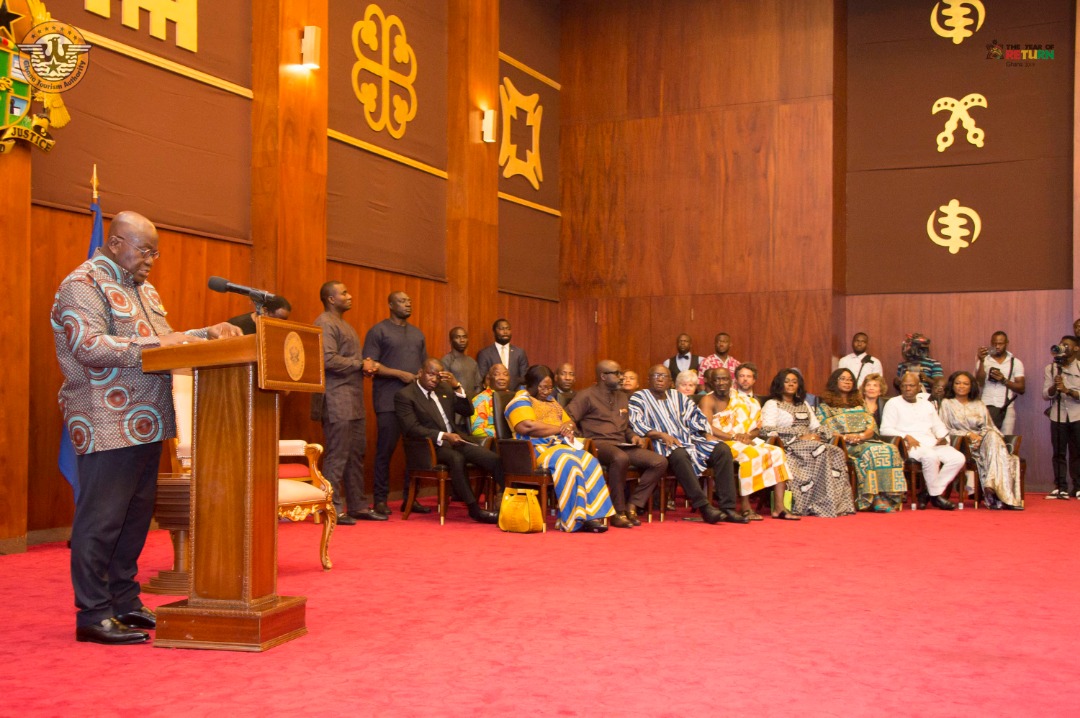
He noted that several persons, including the likes of George Padmore, Bob Marley’s widow, Rita, Maya Angelou, and W.E.B du Bois all found homes in Ghana, with the latter buried in the country.
With the ceremony being part of the series of activities commemorating the ‘Year of Return’, the President stated that Ghana recognizes her position as the location for 75 per cent of the slave dungeons built on the West coast of Africa, through which the slaves were transported.
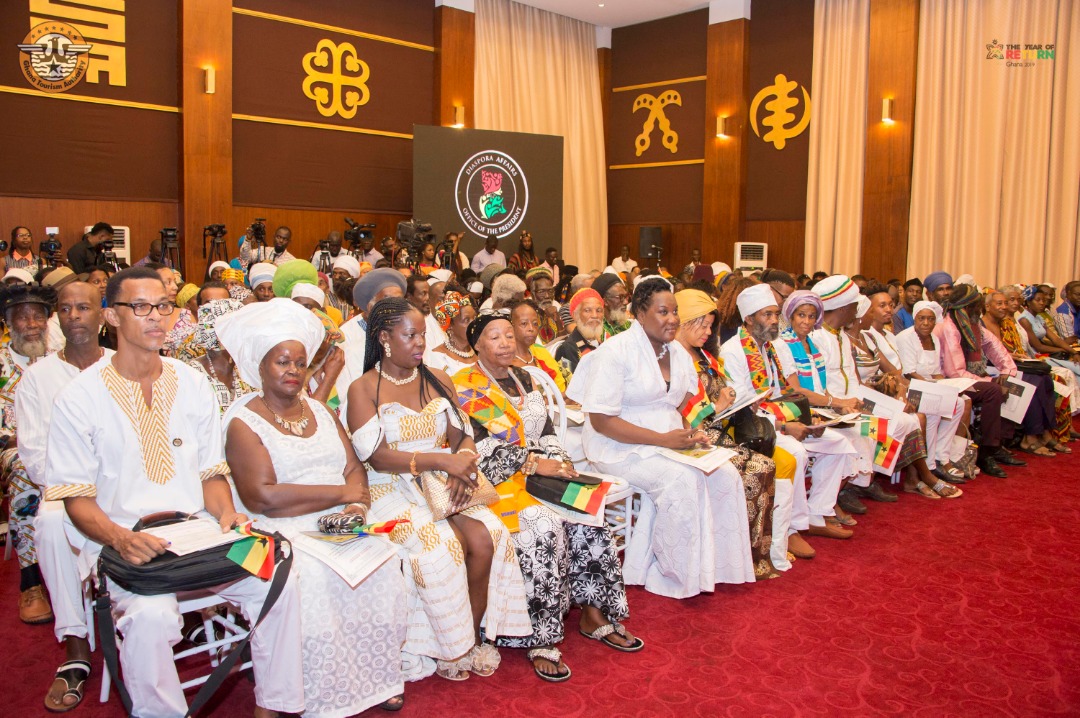
“That is why we had a responsibility to extend a hand of welcome back home to Africans in the diaspora. Many have responded to this call, and the ‘Year of Return’ has so far proven to be a joyful and learning experience all round for all of us,” he said.
To the 126 Diasporans, the President urged them to respect and abide by the laws of Ghana and live in accordance with the tenets of Ghana’s Constitution.
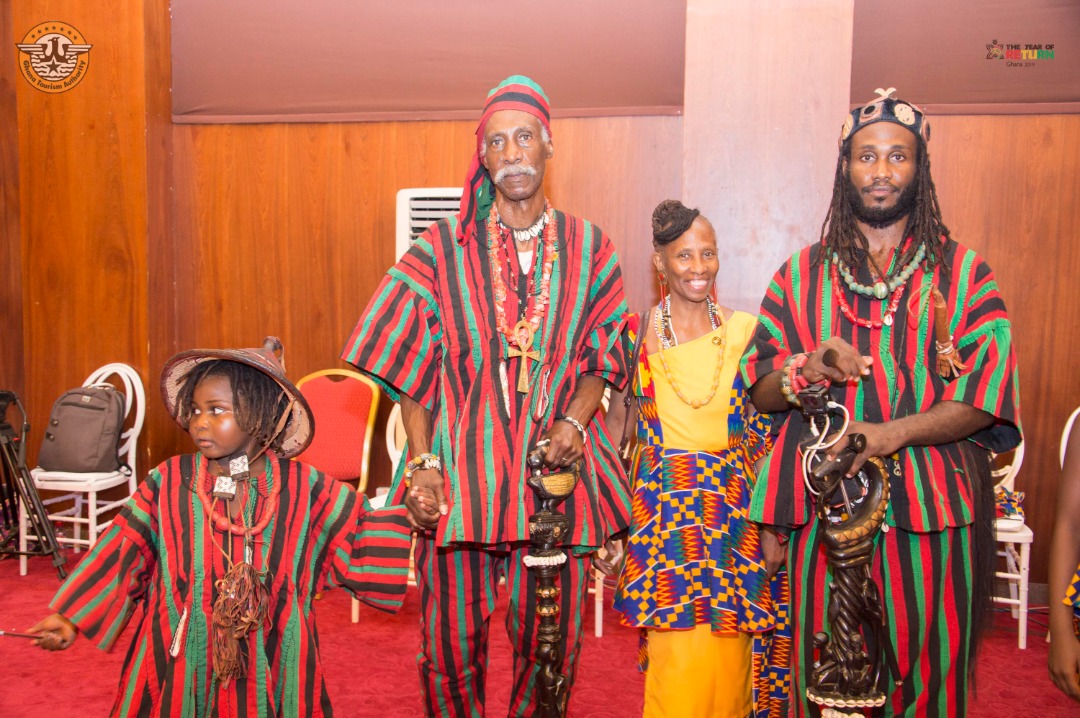
“You have the responsibility of preserving and promoting the image of a country whose reputation, amongst the comity of nations, is, today, high. You are citizens of a country that is regarded as one of the most stable on the continent, a beacon of democracy, governed by the rule of law and respect for individual liberties, human rights and the principles of democratic accountability, as a result of the commendable acts and deeds of past and present generations of your fellow Ghanaians,” he said.
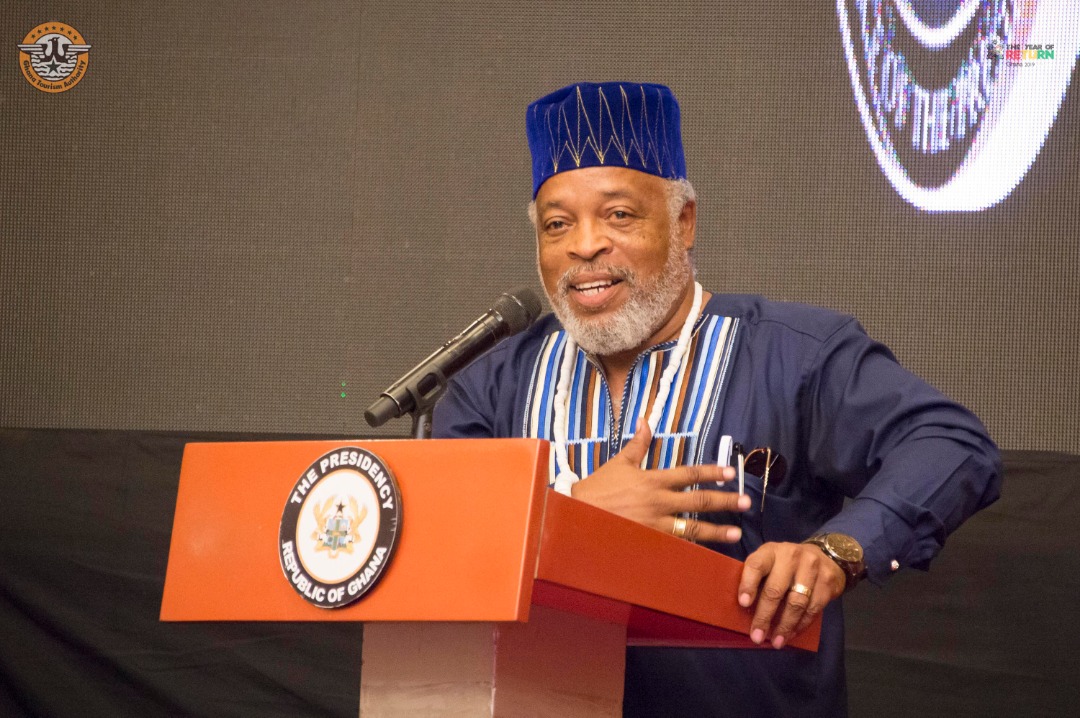
The President continued, “In all your actions, I urge you to guard jealously our country’s image. It is a charge, I am confident, you will uphold. In doing so, I suggest that to facilitate the process of re-integration, you learn at least one Ghanaian language of your choice – Akan, Ewe, Ga, Dagbani, Hausa, or Nzema, amongst others.”
President Akufo-Addo urged them also to be engaged fully in the realization of the vision of a Ghana Beyond Aid.
“Simply put, I just want us to be self-confident, and accept that we shall never reach the level of development we aspire to by relying on aid or external assistance, no matter how generous. It is a mindset that I wish us to discard, a mindset of dependency and living on handouts,” he added.
President Akufo-Addo, in concluding, paid tribute to the late Otanka Obetsebi-Lamptey, Jake to others, who, as Minister for Tourism and Diasporan Relations under the Government of the 2nd President of the 4th Republic, the outstanding Ghanaian statesman, His Excellency John Agyekum Kufuor, championed the cause for the return of descendants of the slave trade to their homes of origin.
“He instituted the “Joseph Project”, whose aim was to reconcile and unite the African peoples, on the continent and in the Diaspora, and to release their energies to help build Africa and the Caribbean. This ceremony would be a happy moment for him,” he added.
Year Of Return: Ghana’s Ambassador To The US Visits Speaker Pelosi Ahead of Historical Trip
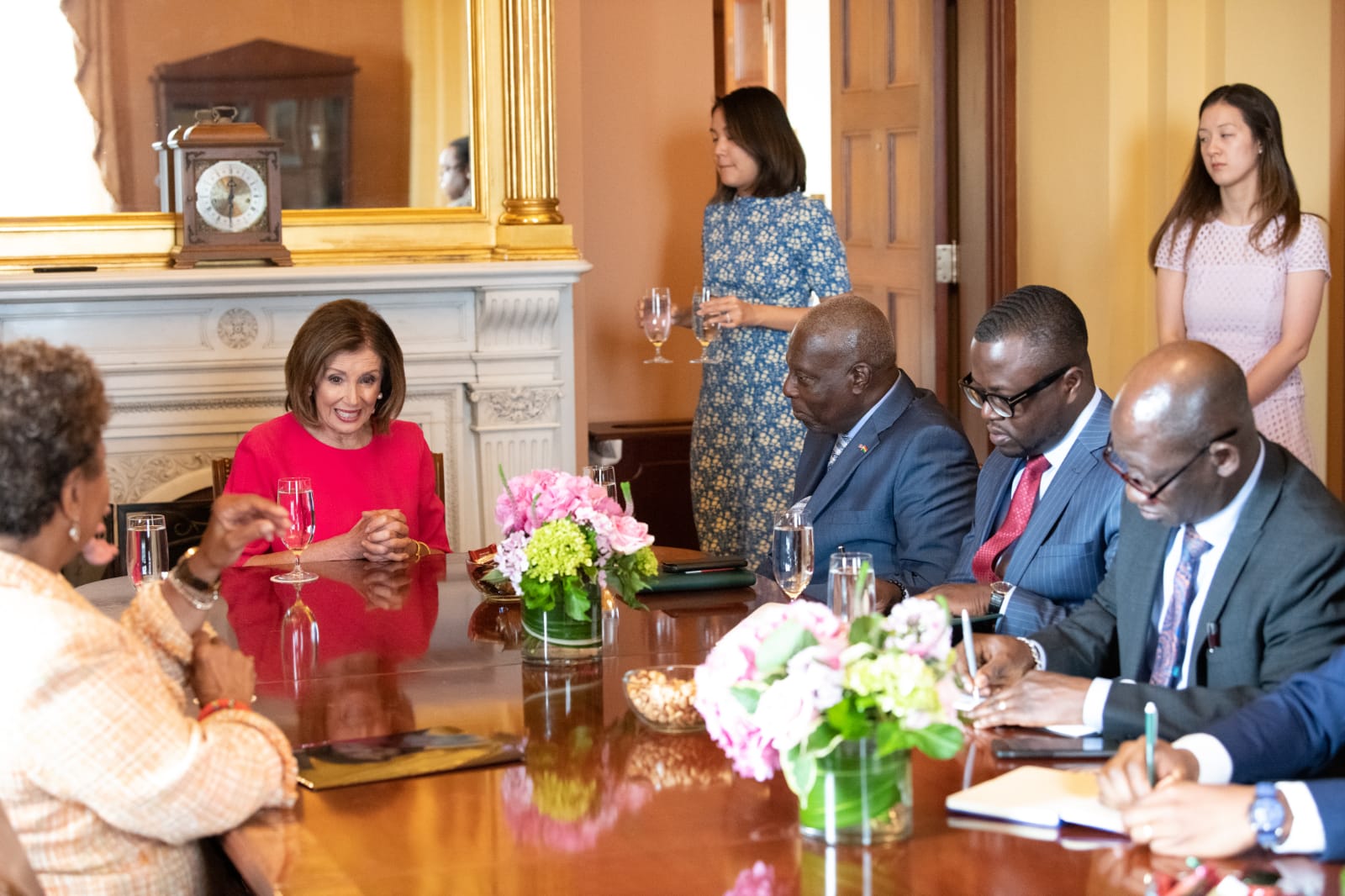
Ahead of the historic trip to Ghana, the Speaker of the United States House of Representatives, Nancy Pelosi, met with Ghana’s Ambassador to the United States, H.E. Dr. Barfuor Adjei-Barwuah, at her office in Washington, D.C. on Thursday, July 25, 2019.
The speaker extended an invitation to Ghana’s Ambassador to review key matters regarding the upcoming trip.
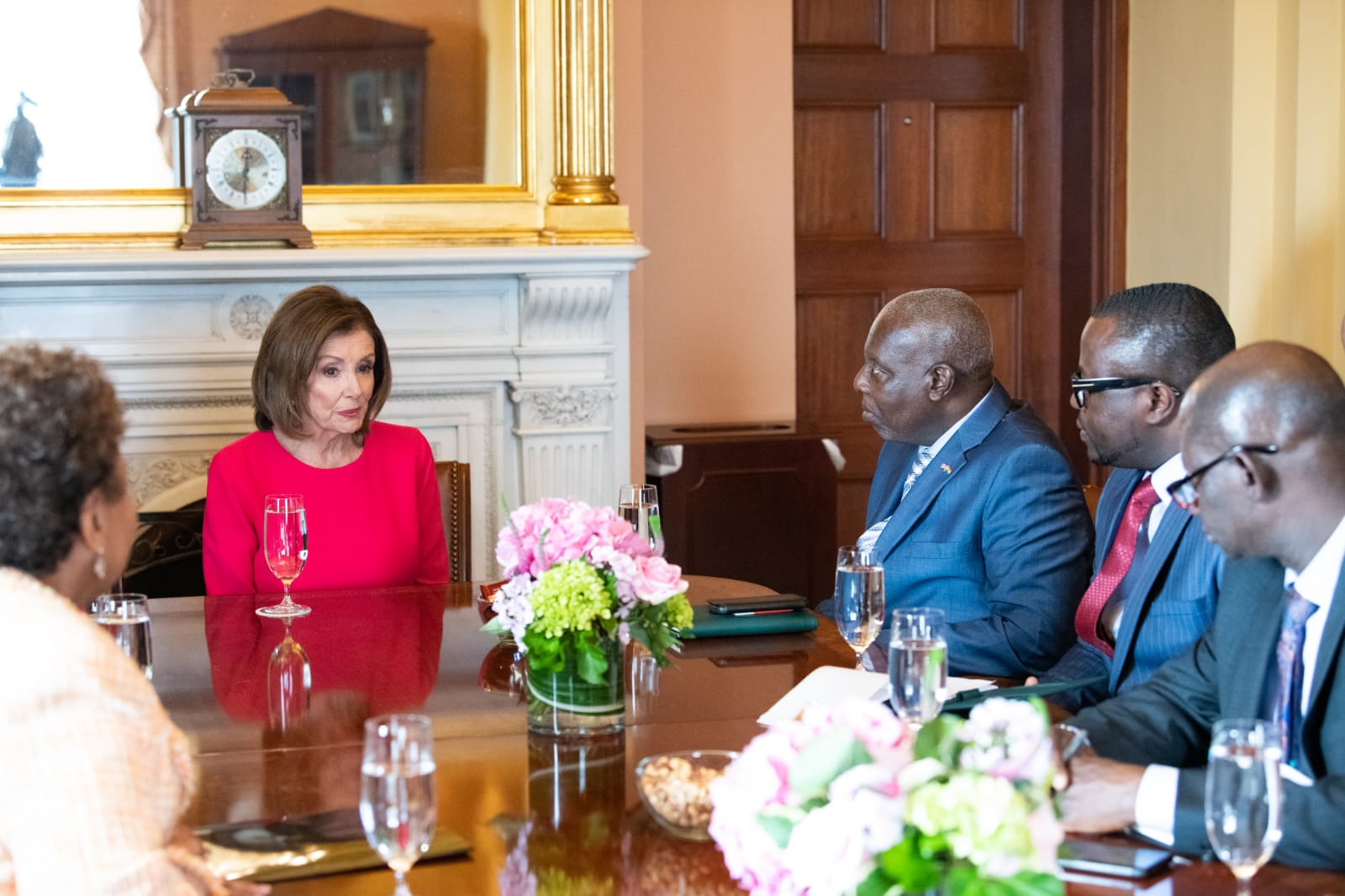 In his remarks, Ambassador Adjei-Barwuah touched on Ghana’s existing relationship with the United States, and the need to enhance the friendship between the two countries. “Ghana is very excited about this trip, and for us, it’s a call to open a new page to ensure a better relationship.”
In his remarks, Ambassador Adjei-Barwuah touched on Ghana’s existing relationship with the United States, and the need to enhance the friendship between the two countries. “Ghana is very excited about this trip, and for us, it’s a call to open a new page to ensure a better relationship.”
On her part, Speaker Pelosi expressed her deepest gratitude to the President and the people of Ghana for commemorating 400 years of the arrival of the first enslaved Africans in Jamestown, Virginia. “We go on many trips, but nothing compares to this one. We feel a special connection because of our history. The historical nature of commemorating 400 years of the arrival of the first enslaved Africans makes this trip special. Truly, this trip strikes to the heart” the Speaker said.
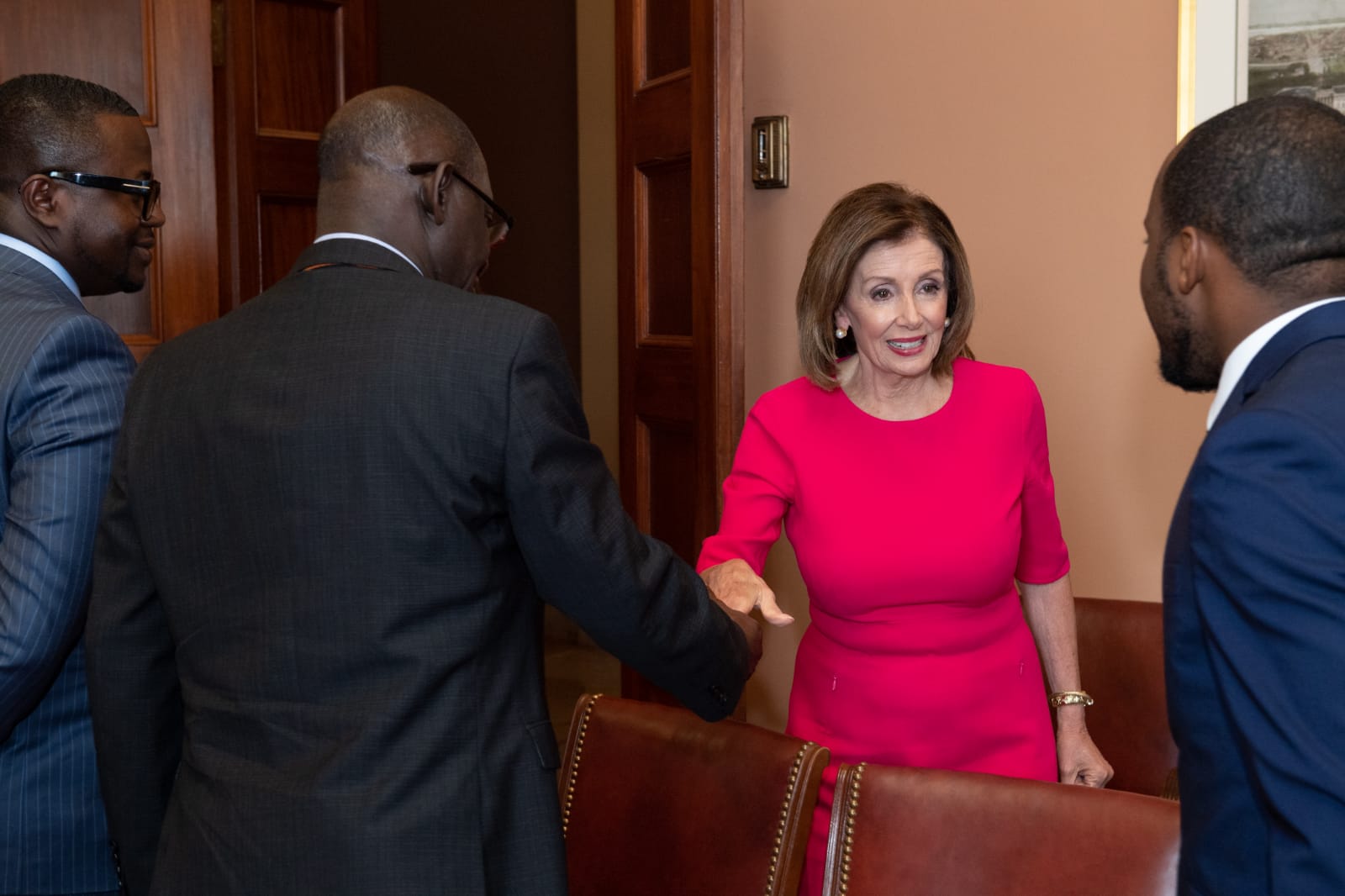 The visit will include a tour of some of Ghana’s historic slave-trading ports including Elmina and Cape Coast Dungeons, the Slave Heritage site at Assin Manso which houses the remains of slave ancestors brought down from the United States including a former U.S. Naval officer, Samuel Carson among others. A forty-member delegation will accompany the Speaker on this trip including members of the Congressional Black Caucus.
The visit will include a tour of some of Ghana’s historic slave-trading ports including Elmina and Cape Coast Dungeons, the Slave Heritage site at Assin Manso which houses the remains of slave ancestors brought down from the United States including a former U.S. Naval officer, Samuel Carson among others. A forty-member delegation will accompany the Speaker on this trip including members of the Congressional Black Caucus.
The Ambassador was accompanied by Joseph Ngminebayihi, Head of Consular Department, Kofi Tonto, Head of Information & Public Affairs and Bernard Acquah, First Secretary/Political Affairs.
Source: Embassy of Ghana, USA
Ghana Diaspora Celebration & Homecoming Summit Welcomes Diasporans From Around the World
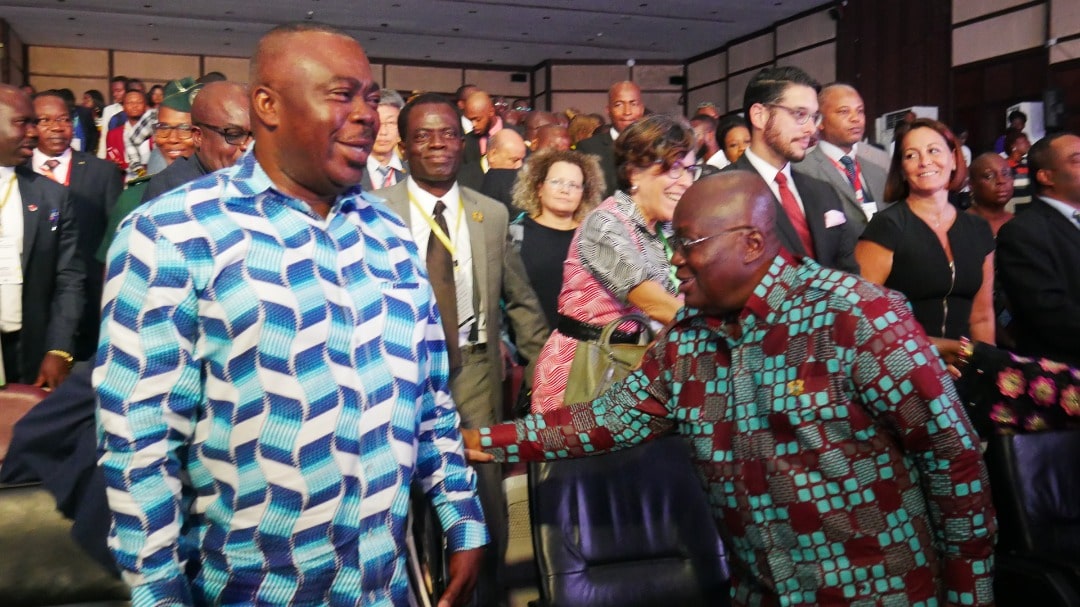
Ghana continues to be a leader in Africa when it comes to its relationship with the diaspora community. It’s the first country to have a Diaspora Affairs Office in the Presidency designed to focus on the needs of its people living outside the country. The biennial Ghana Diaspora Celebration and Homecoming Summit, which runs from 3rd – 6th July 2019, had a successful opening day at the Accra International Conference Centre. Many dignitaries and government officials were there to be part the opening day including, Mustapha Hamid, Minister of Information, Barabara Oteng Gyasi, Minister of Tourism, Arts and Culture, Jessica Ayivor, Vice President of the African American Association of Ghana and H.E. Dr. Erieka Bennet, Head of Mission, Diaspora African Forum. A special Keynote address from President Nana Akufo-Addo was a highlight that served to put a stamp on the importance of this conference.
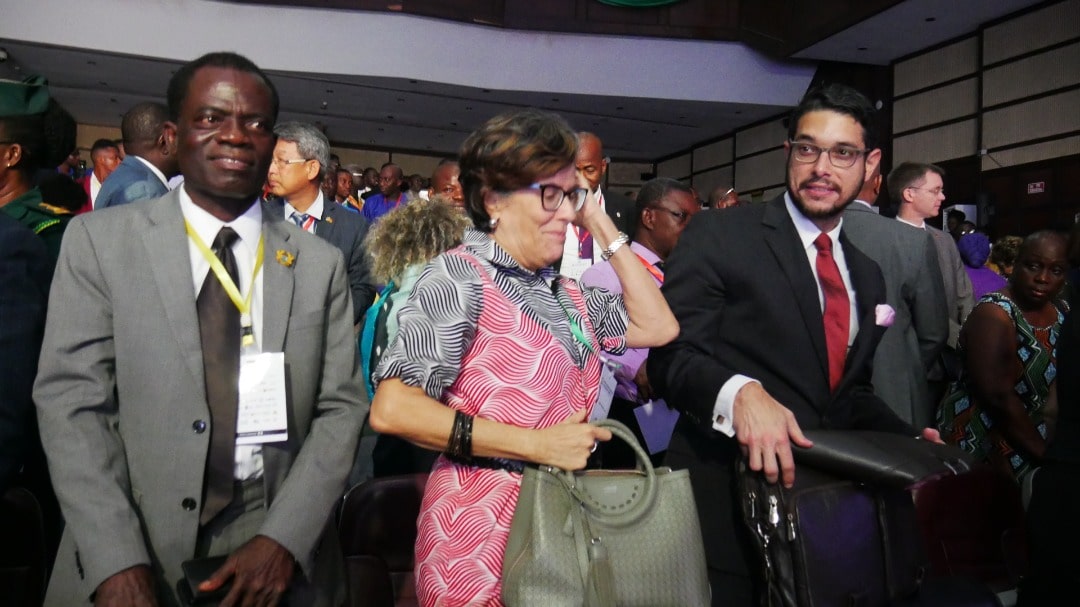
Akufo-Addo said some key things in his address that gave everyone the confidence that he takes this event and the work of the Diaspora Affairs office seriously. “When I’ve visited countries outside our shores, I’ve engaged with members of the Ghanaian community not only to tell them about the progress we made in our country but also to listen to their concerns.” He continued his address saying, “When I was informed the remittances from Ghanaians in the diaspora has increased by nearly 50% from $2.2 Billion USD in 2017, to $3 Billion USD in 2018, it reinforced my decision to continue to engage in this important constituency that continues to support the growth and the progress of our economy.”
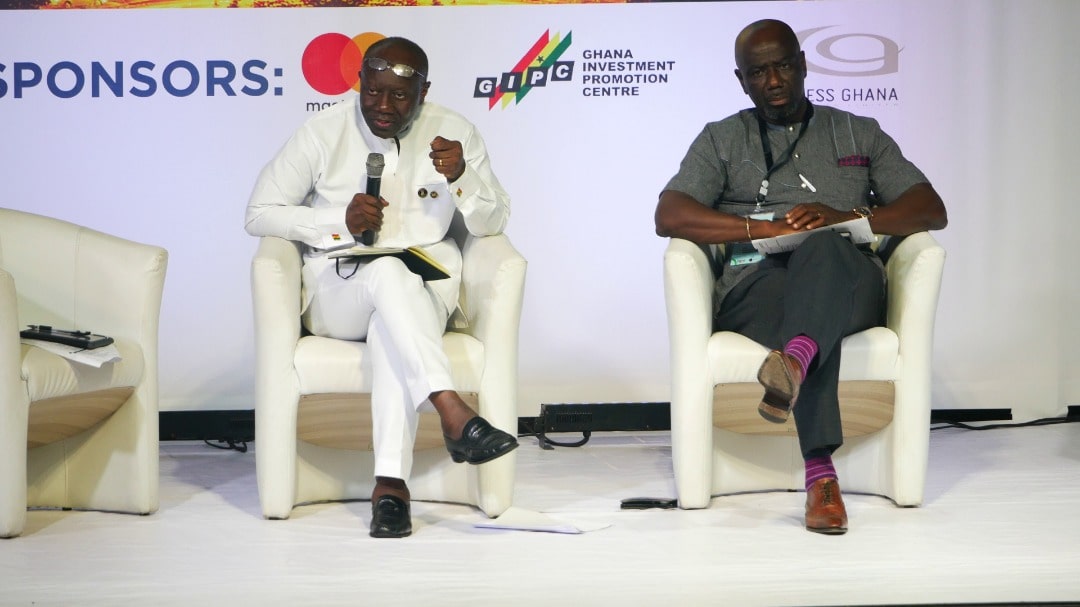
Mr. Akwasi Ababio, Director of Diaspora Affairs, Office of the President, has done a great job of engaging with the diaspora. Known for taking the time out of his busy schedule to meet with people from the diaspora, Mr. Ababio is perhaps one of the most accessible people in government. During his address on the first day of events, he said, that the summit was working towards enhancing the quality of life for Ghanaians both at home and in the diaspora. “We also recognize the strategic role those in the diaspora play in Ghana’s development,” he said. “The [upcoming] sessions will highlight the past and present actions of the diaspora and the future opportunities working together to build Ghana.”
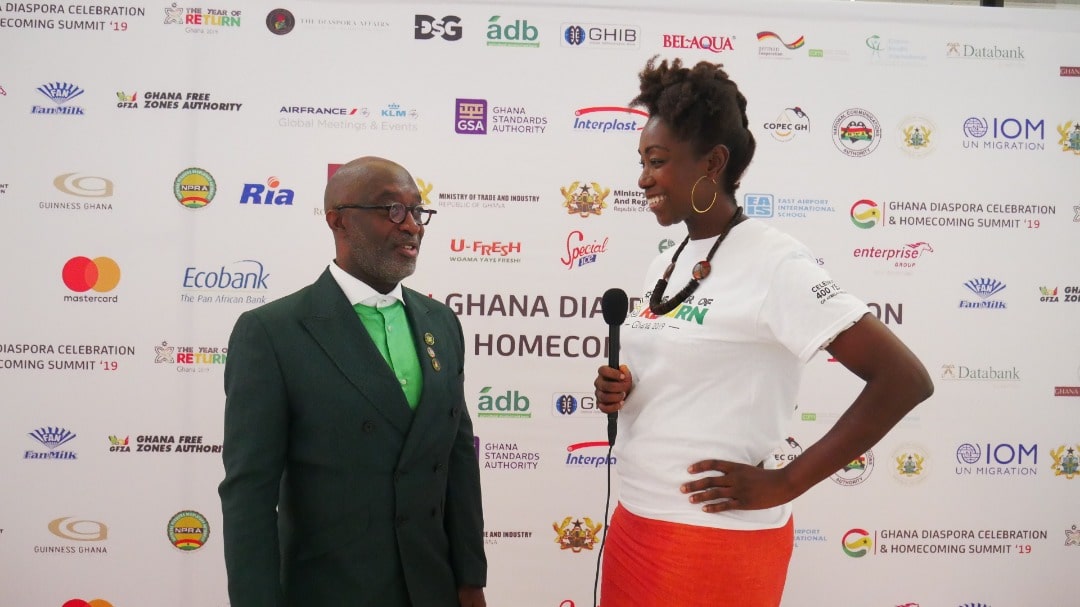
Event registrants came from all corners of the globe including, Kenya, Turkey, Nigeria, Zimbabwe, Australia, Belgium, the U.K., United States, and Canada. Each expecting to network and build connections with others who have a strong interest in Ghana. Adjoa Agyeman, a diasporan from Canada said she decided to come to the event because she has returned to Ghana and faced some obstacles. “I wanted to come and see if anyone else is having the same challenges that I am having and also to see if there are any remedies that are being brought up. So far I haven’t gotten a lot of answers, I’m still waiting. There are some issues that came up, like getting the Ghana card, and I thought it wasn’t resolved. So I am looking forward to the next few days and hoping all of my questions will be answered.”

A man from the U.K, who wished to remain nameless, said he was excited about all the things happening in Ghana so he decided to attend the event in hopes of networking and meeting new people. While Karl-Buah Obed, who travelled from Hong Kong spoke about how impressed he is with the Diaspora Affairs Office. He said that he was happy at how quick Mr. Ababio and his team are to respond to the needs of people like himself from the diaspora. Obed said it’s important to have someone in an office like that who cares about the needs and concerns of people who are transitioning to Ghana.
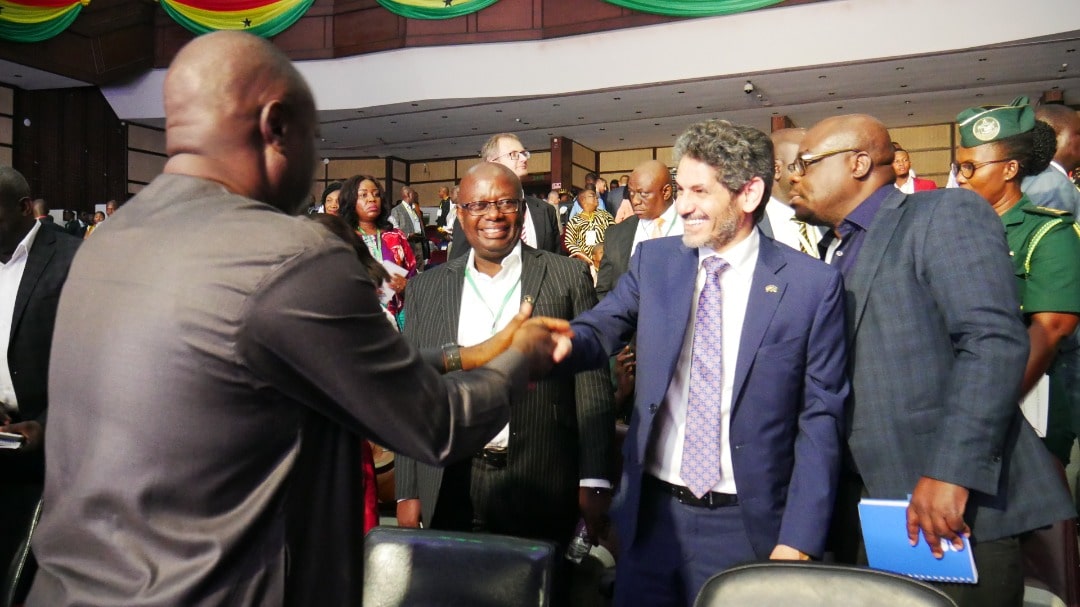
Over the next few days, the conference will feature other keynote speakers and panel discussions tackling some of the concerns of the diaspora. “The critical role of those living in the diaspora cannot be overstated,” the president said in wrapping up his Keynote address. He stressed that he will continue to have all diaspora matters centralized in the Diaspora Affairs Office where it currently resides.
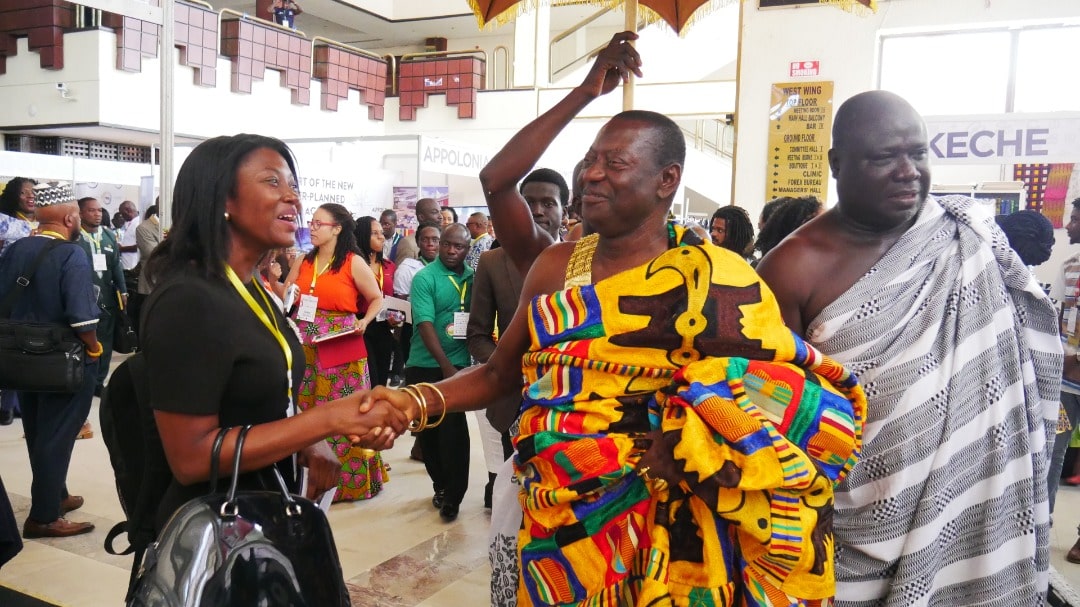
The conference runs until 6th July so it’s not too late to attend if you’re already in Ghana and looking to participate in the activities. Visit the website at www.myghanadiaspora.com for more details on registration and to download the event program. For more info on the Diaspora Affairs office visit the website, www.ghanaiandiaspora.com or www.yearofreturn.com.
Written by Ivy Prosper
France24 Report on Year Of Return: Hundreds of African-Americans resettle in Ghana
France24 has in a report looked at how Ghana is increasingly becoming home to hundreds of African-Americans especially in light of the on-going ‘Year of Return, Ghana 2019’ campaign. The report looks at the lives of some African-Americans who have settled in Ghans over the years. Read and watch the report below.
Ghana was one of the main West African departure points for the transatlantic slave trade. Today, the government has launched a campaign to reach out to the descendants of those Africans who were forcibly removed from their homelands. It has dubbed 2019 the “year of return“. Several hundred people have already put down roots in Ghana, many of them African-Americans. Our colleagues from France 2 report, with FRANCE 24‘s James Vasina.
This article comes on the heels of other reviews published earlier in the year.
Watch the programme/video report prepared by Patrick Lovett and James Vasina below.
Related Articles:
HomeToGo – https://visitghana.com/ghana-listed-in-top-10-trending-summer-destinations-for-2019/
Year Of Return: “Come with an open mind and heart” – Mona Boyd invites Diasporans
Year of Return: African Diaspora in Ghana for Back2Africa Festival
CNN: CNN Travel lists Ghana as place to visit in 2019
About Year of return, Ghana 2019
The “Year of Return, Ghana 2019” is a major landmark spiritual and birth-right journey inviting the Global African family, home and abroad, to mark 400 years of the arrival of the first enslaved Africans in Jamestown, Virginia. The arrival of enslaved Africans marked a sordid and sad period, when our kith and kin were forcefully taken away from Africa into years of deprivation, humiliation and torture. While August 2019 marks 400 years since enslaved Africans arrived in the United States, “The Year of Return, Ghana 2019” celebrates the cumulative resilience of all the victims of the Trans Atlantic slave Trade who were scattered and displaced through the world in North America, South America, the Caribbean, Europe and Asia.
One of the main goals of the Year of Return campaign is to position Ghana as a key travel destination for African Americans and the African Diaspora. In 2019, the events planned throughout the year will serve as a launch pad for a consistent boost in tourism for Ghana in the near and distant years. Beyond tourism, this initiative supports one of the President’s key developmental agendas in Ghana Beyond Aid. We know that tourism can be a leading indicator to business and investment.
We are focused on ensuring that our brothers and sisters have a safe, pleasant and wonderful journey home so they will want to come back, get involved, see the opportunity that exists in Ghana for us to work together and begin to rebuild what has been stolen and lost over the past 400 years.
Inside Ghana’s Elmina Castle is a haunting reminder of its grim past
Source: Tanni Deb, CNN and Segun Akande, for CNN (CNN Africa)
Across Africa, from the north of the Sahara to the West African coast sit many relics of the continent’s early interactions with Europe.
‘A dark history’
See more stories from Inside Africa and share your thoughts with us on Facebook, Twitter and Instagram
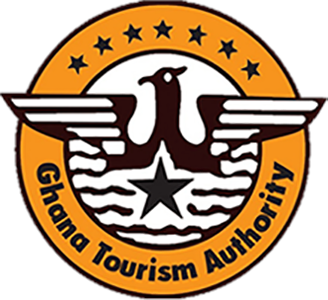

 Call Center
Call Center
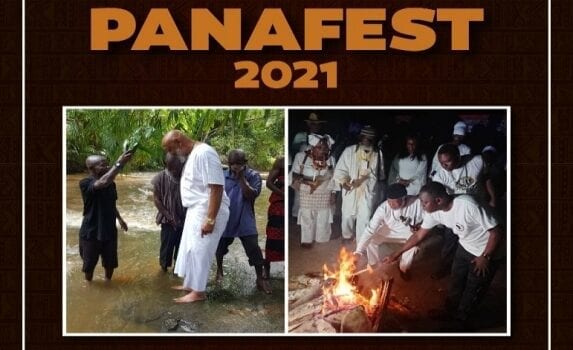
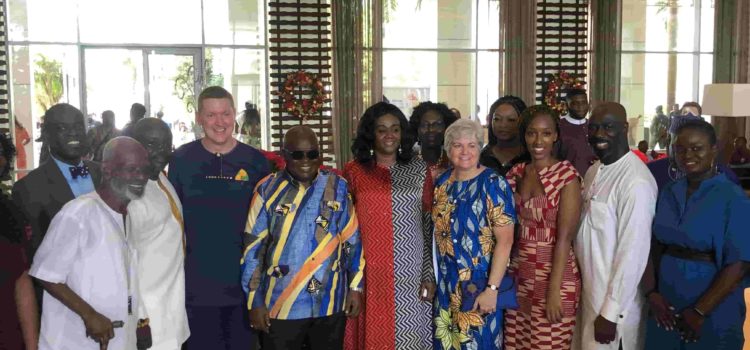
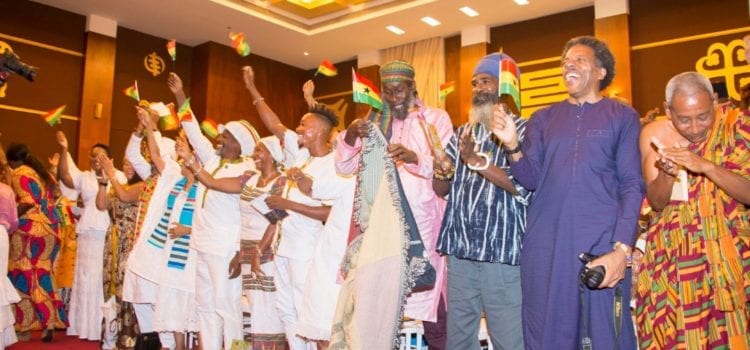
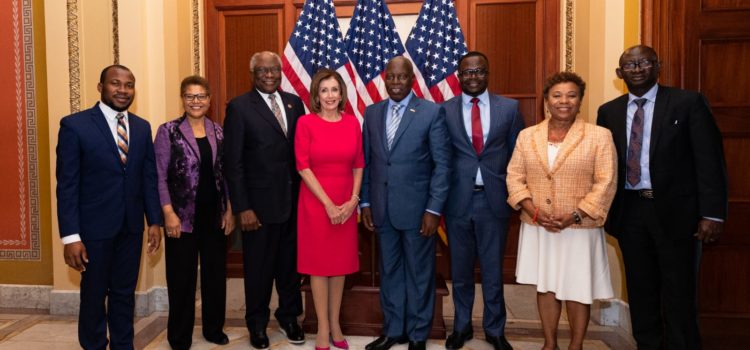
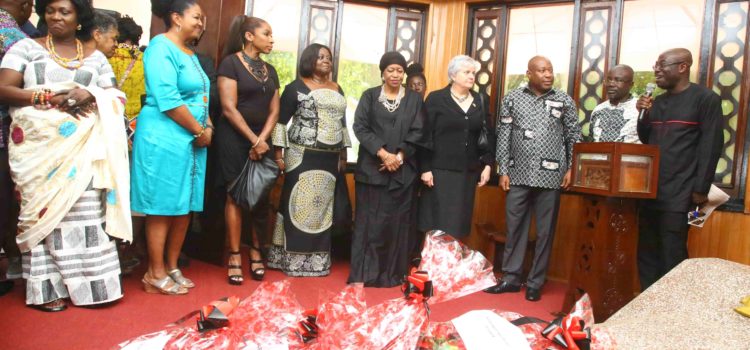
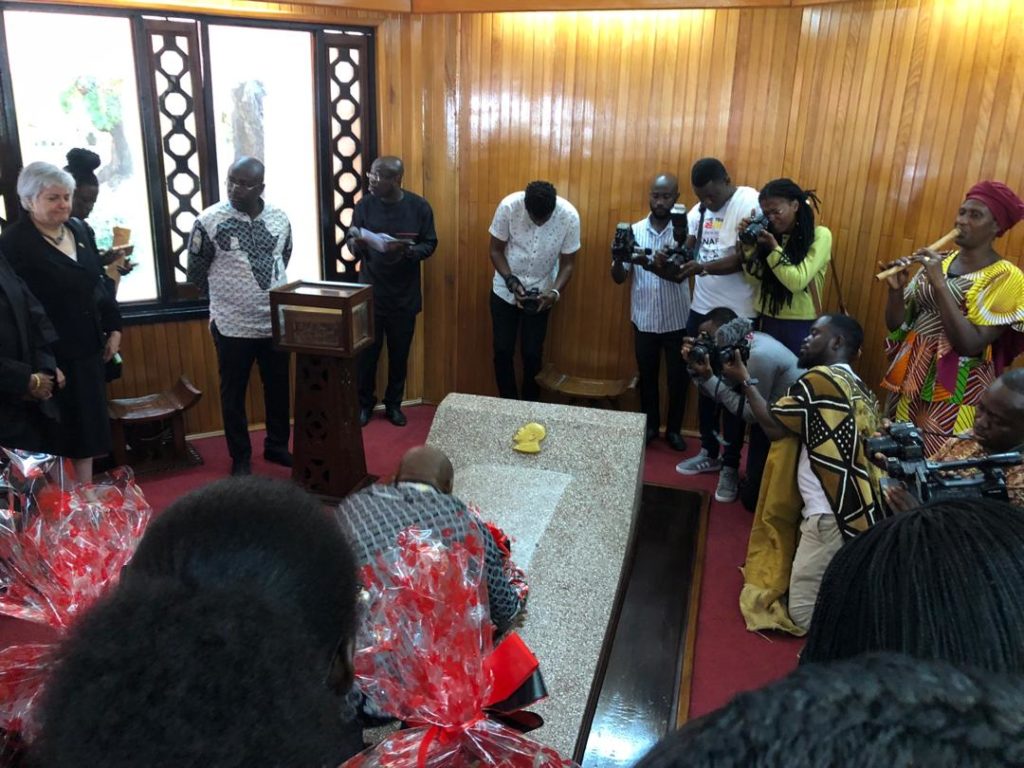


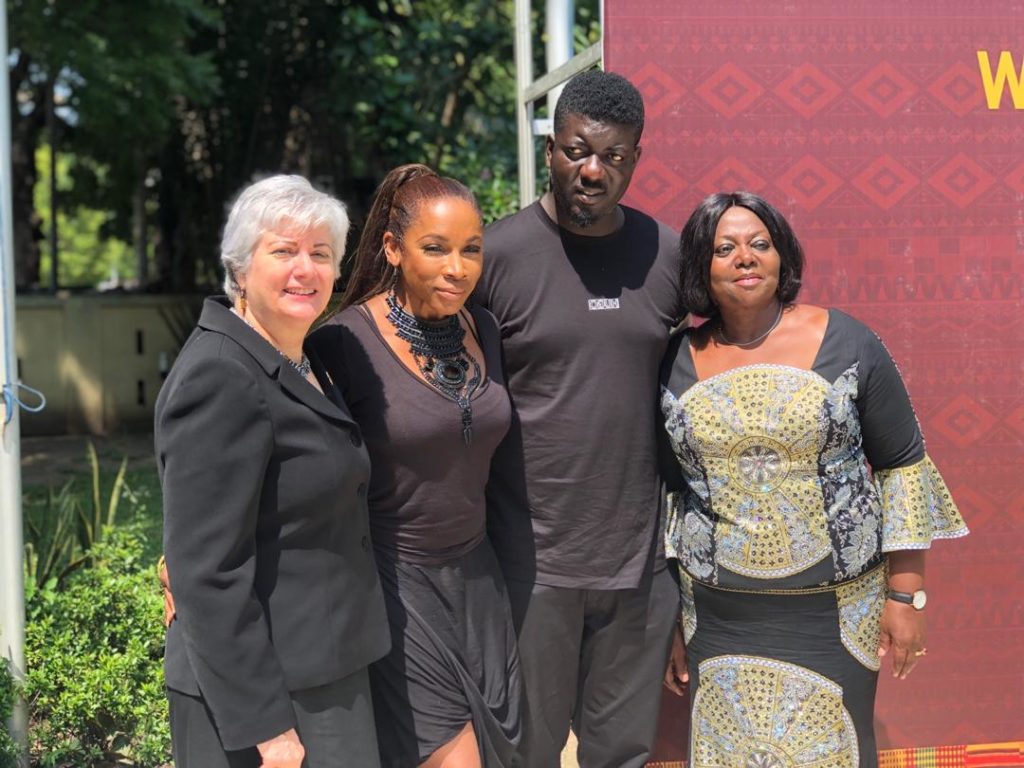
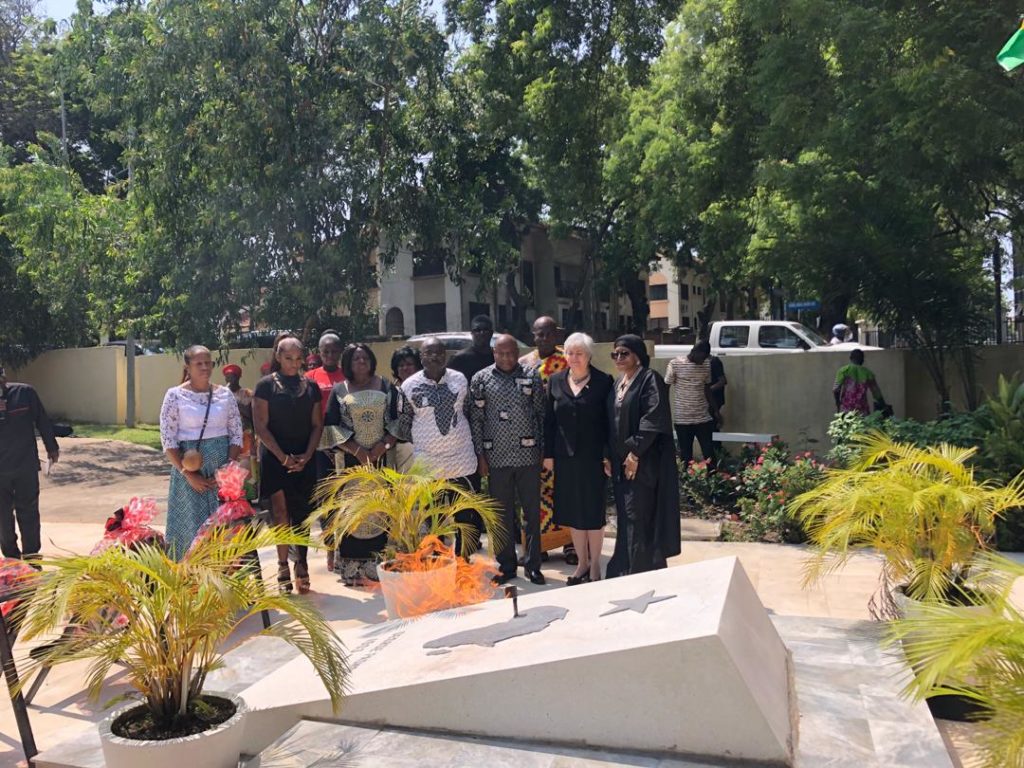
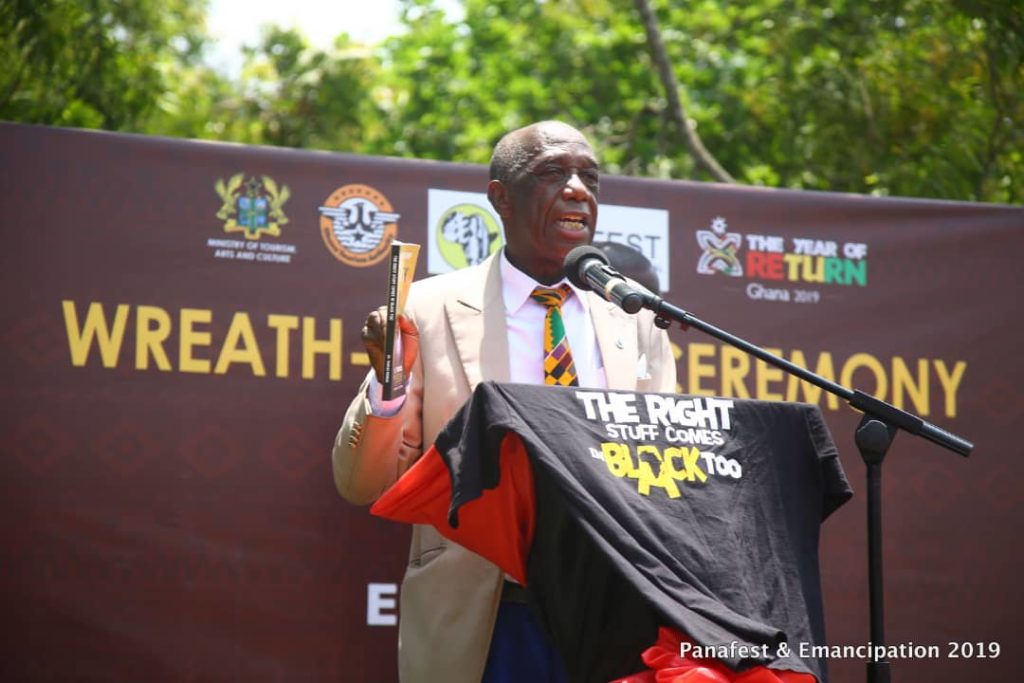
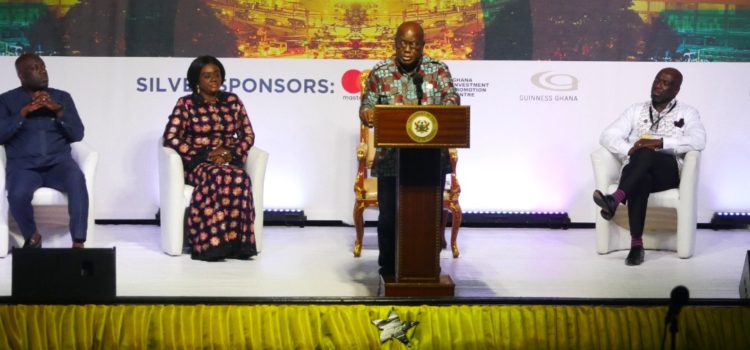
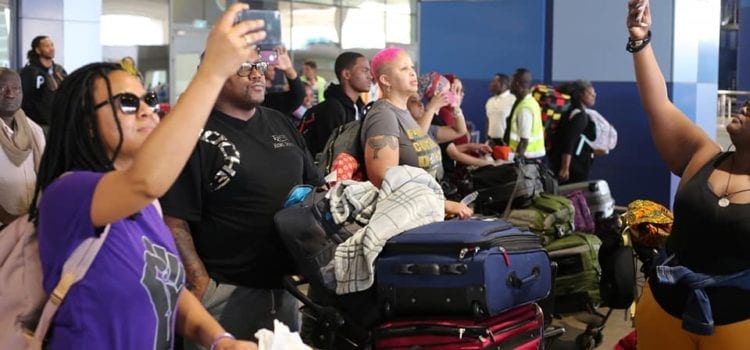
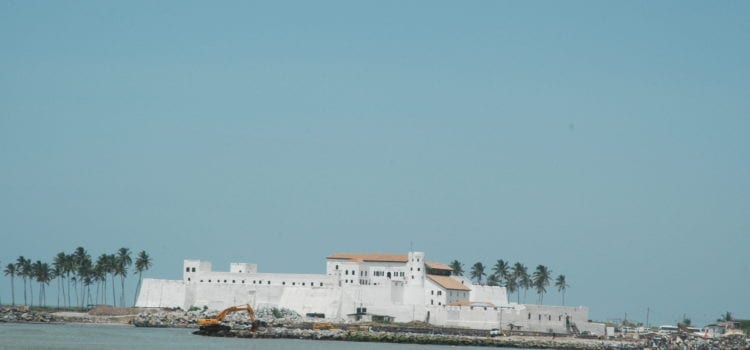
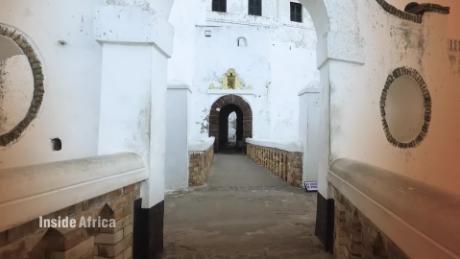
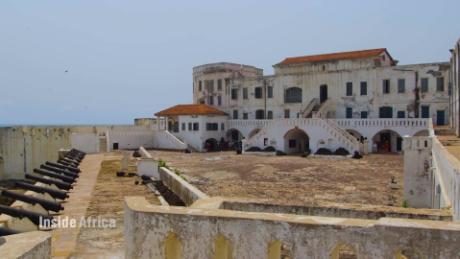
 Call Center: 0307007100
Call Center: 0307007100